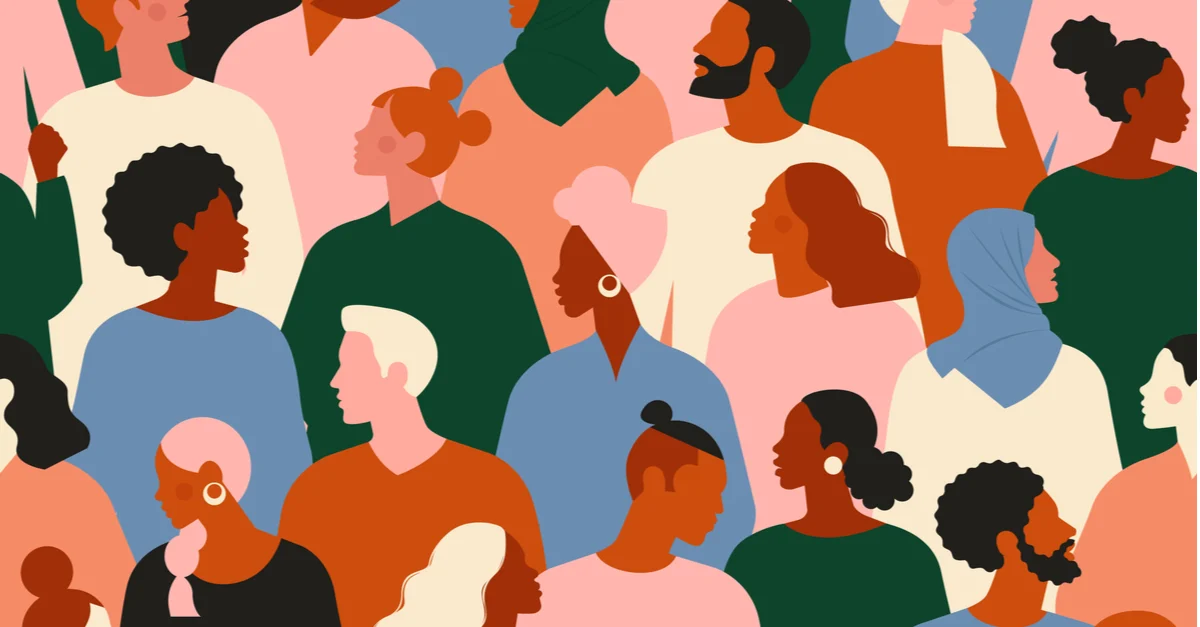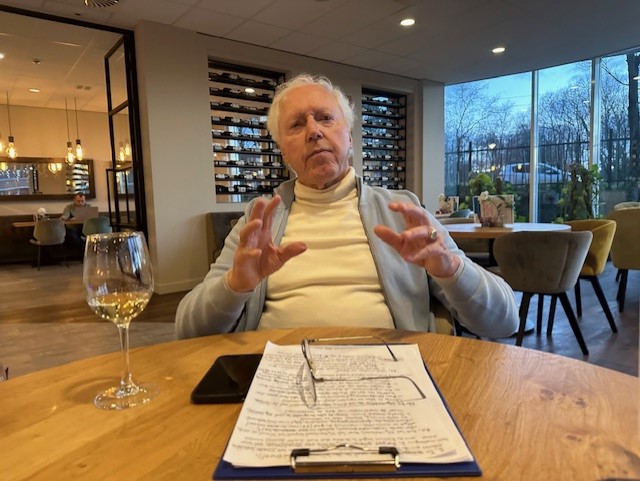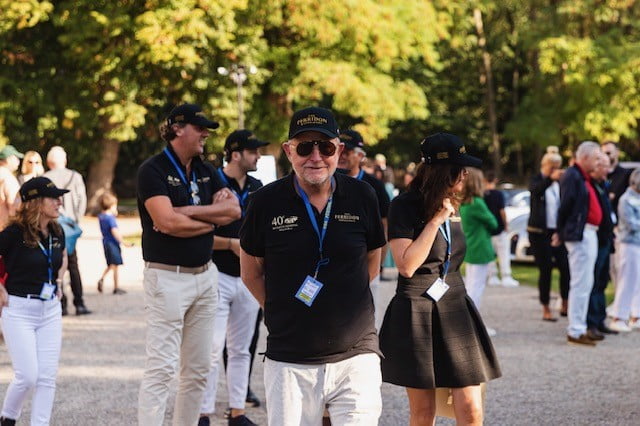
Being inclusive, inclusiveness, and inclusion are terms used in our daily vocabulary. It is about giving equal access and opportunities and eliminating discrimination and intolerance (removing barriers).
By Emile Fakhoury
Let us start with the definition of inclusiveness: the quality of aiming to include and integrate all people and groups in activities, organisations, and political processes.
Inclusiveness refers to creating an environment where everyone feels welcome, valued, and respected regardless of their background, identity, or differences. It also ensures that all individuals, regardless of race, ethnicity, gender, sexual orientation, age, religion, disability, or any other characteristic, are given equal opportunities and treated with dignity.
Inclusiveness has a tremendous positive impact on organisations that strive to empower it.
From my recent readings by Patty McCord: “What people most want from work is to be able to come in and work with the right team of people - colleagues they trust and admire - and to focus like crazy on doing a great job together.”
Organisations can tremendously benefit from inclusiveness to build strong and efficient teams who support trust and empathy between their members.
The process starts by recognising and challenging our biases, stereotypes, and prejudices. We must actively promote equal opportunities for all individuals, ensure access to all needed resources, be fair and equitable, and accept other differences.
With my research on inclusiveness, I found several ways to develop inclusiveness at school, workplace, and community levels:
-Educating for Inclusiveness:
Schools and academic institutions are responsible for cultivating an inclusive learning environment where students from diverse backgrounds feel respected and valued. By teaching empathy and tolerance, we would develop the next generation of employees who embrace inclusivity and work toward a more equitable environment.
-Promoting Inclusive Workplaces:
Organisations prioritising inclusiveness create a culture of belonging where employees are encouraged to bring their authentic selves to work. This fosters employee engagement, loyalty, and higher job satisfaction.
It starts with diverse hiring practices, mentoring programs, and employee resource groups. All functions should contribute to these streams and maintain a diverse workplace.
-Championing inclusive communities:
Inclusive communities celebrate diversity and actively address exclusions.
Community organisations and leaders play a crucial role in promoting inclusiveness through events, initiatives, and policies that engage all members of society. By fostering dialogue, encouraging collaboration, and creating spaces for cultural exchange, communities can thrive as inclusive spaces where everyone feels a sense of belonging.
Inclusiveness is not merely an abstract concept but a commitment to building a better society. By embracing inclusiveness, we unlock the full potential of individuals, foster creativity and innovation, and cultivate a sense of belonging.
It is essential to distinguish between diversity and inclusiveness. Or, to state it better, how do we move from variety to inclusion? The choices you make in your daily behaviours and actions define your inclusiveness.

A shot of Fakhoury's recent hiking trip to Hatta.
We all play a part in creating and supporting an inclusive workplace. We contribute by fostering a culture of inclusion that ensures people are treated without discrimination, with respect and fairness and are recognised for their uniqueness.
From our recent hiking trip to Hatta, Dubai, I felt deeply that we worked to dismantle barriers and create an environment where diversity and inclusiveness are celebrated and respected.
Doing so paved the way for a harmonious team that thrives on inclusivity and equality.







Impressive !
Much appreciated JB !
Well done
Many thanks Mireille !